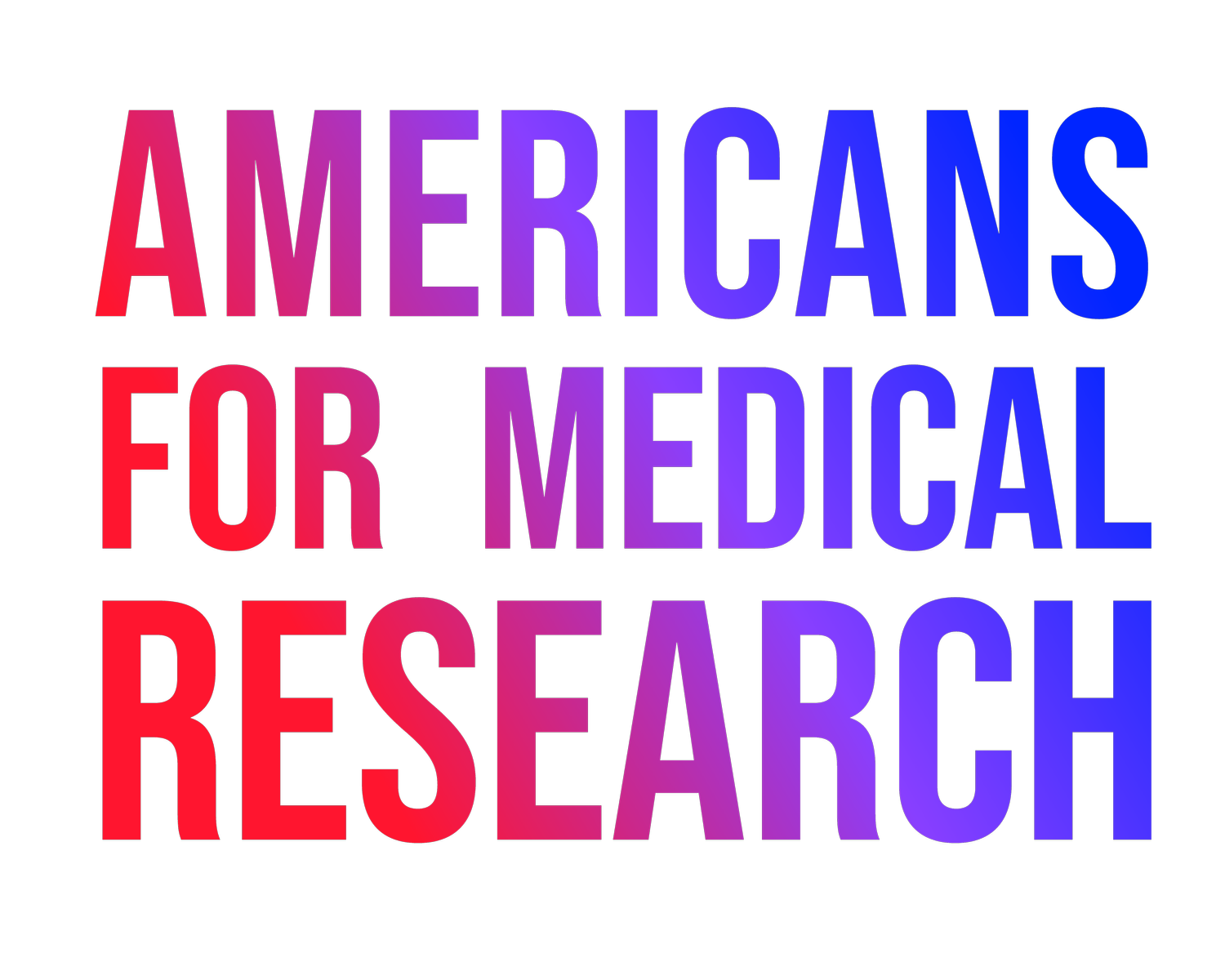Washington University Sees Drop in NIH Grants Amid Trump Administration's Funding Cap Proposal
St. Louis Business Journal | Samir Knox
The prestigious St. Louis institution grapples with fewer grants and millions less in funding, yet recent developments on Capitol Hill could signal a shift in fortunes.
Washington University so far this year has received around 200 fewer grants than last year and a decline of $23.3 million in funding from the National Institutes of Health since the inauguration of President Trump on Jan. 20.
Data from the NIH showed that, between Jan. 20 and Aug. 11, WashU was awarded 730 grants totaling $423.6 million. The year prior, during that same timespan, WashU had awarded 926 grants, totaling $446.9 million.
WashU was the second-largest recipient of NIH funding in the nation last year, passing $1 billion in external research funding for fiscal year 2024 with more than half of that coming from the NIH: $576 million. But the Trump administration this year has moved to severely cut grant allocations from federal agencies, including NIH, by capping so-called "indirect costs" at 15%.
The move caused a stir among leadership of institutions, nonprofits and companies that rely on the federal grants to advance their missions. WashU Chancellor Andrew Martin in February called the policy change "deeply troubling" and said that "the options for recourse are few."
"... As a world-leading research university we have to acknowledge that this policy is potentially catastrophic for WashU," Martin said in February. "It jeopardizes the incredible strides we've pioneered in cancer therapeutics, progress towards a cure for Alzheimer's and nearly every other federally sponsored research activity on our Medical School and Danforth Campuses. It will also weaken the economic impact we have in our region and state."
Despite the steep decline in total grant awards so far this year, the dollar value of the grants going to WashU isn't far off pace from where it was in 2024, though NIH funding at this point during the last two years remains significantly below where it was in prior years.
2021: 904 awards totaling $513.3 million
2022: 916 awards totaling $538.8 million
2023: 1,000 awards totaling $531.9 million
2024: 926 awards totaling $446.9 million
2025: 730 awards totaling $423.6 million.
A spokesperson for WashU confirmed the accuracy of the numbers, but declined to comment further on the changes in NIH funding.
In further evidence that the federal policy change may not be as drastic as initially thought, Martin last week issued a statement celebrating what he described a promising development after a U.S. Senate committee that funds federal grant-making agencies approved a budget far greater than what the Trump administration requested. Reports have circulated in the past few weeks that U.S. Senate Republicans are not in line with the administration, with a committee approving a budget bill that Science Magazine described as a "stark rejection" of the president's plans to slash federal funding.
On July 31, the Senate committee approved a proposed budget of $47.2 billion for NIH – a nearly 3 percent increase above the current level and almost 70% above the White House’s request for NIH in the upcoming federal fiscal year.
"As I’ve described previously, proposals to dramatically reduce funding at the National Institutes of Health and efforts to cap indirect cost recovery for federal research remain two serious challenges facing WashU," Martin said in the statement, issued Thursday. "However, I’m encouraged by recent developments among a bipartisan group of U.S. Senators who are standing in support of NIH and the importance of university-based research."
